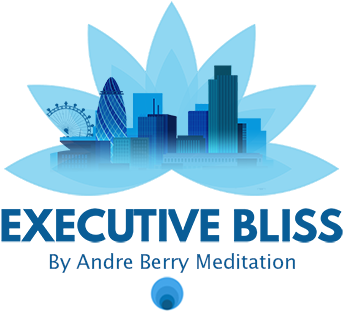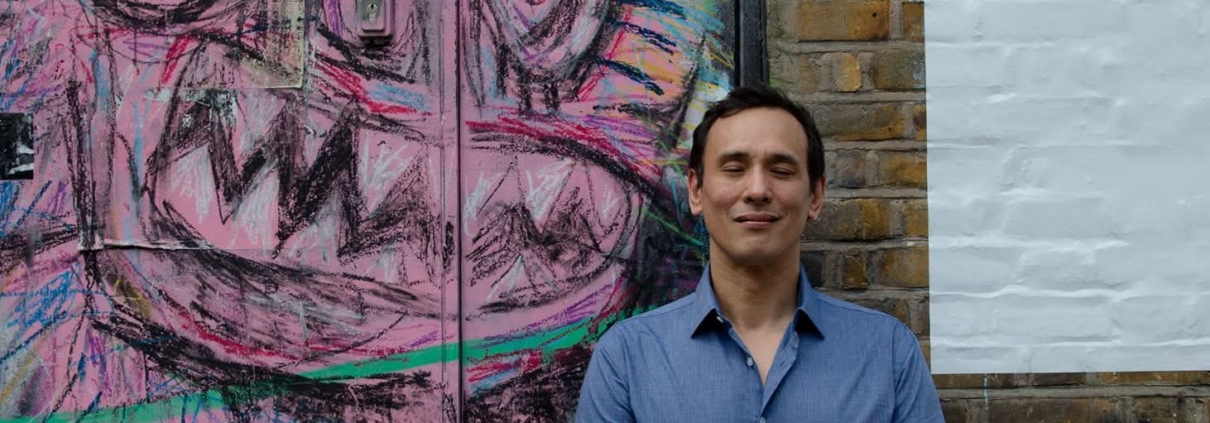How to Recognize the Silent Signals of Stress Before Burnout Hits
Burnout Rarely Crashes In—It Creeps In Quietly
Burnout doesn’t usually arrive with a big, dramatic breakdown. It sneaks in. Quietly. Subtly. Professionally.
It shows up in missed lunch breaks. In a slightly shorter fuse. In the 3am wake-ups that become your new normal. And because so many of us are trained to “just get on with it,” we miss the early signs—until the body, the brain, or the heart finally says enough.
At Executive Bliss, we believe the real work of wellbeing begins before the crisis.
That starts by learning to recognise the quieter cues—what we call the silent signals of stress.
6 Signs You’re On the Edge of Burnout (Even If You Look “Fine”)
1. You’re always “fine”—but rarely joyful
You’re not in meltdown. You’re not snapping at colleagues.
But you’re also not laughing like you used to.
There’s a flatness. A slow dimming of the things that once sparked you.
You’re functioning—but something feels… off.
This is often the first sign of low-level, chronic stress in high-functioning executives and professionals.
2. Sleep isn’t refreshing—even when you get enough
You’re in bed 7–8 hours. No late-night screens, no big nights out.
And yet… you wake up groggy. Or wired. Or already behind.
That’s your nervous system stuck in alert mode—never quite dropping into the deep rest needed for true recovery.
3. You feel subtly resentful of everything
A colleague’s Slack message feels like pressure.
Your partner’s “How was your day?” feels like a trap.
Tasks feel personal. Emotions feel heavier than they should.
This isn’t negativity—it’s your body whispering: “I’m depleted.”
4. You’re doing more—but remembering less
The schedule is full. But by 6pm, you can’t recall what you actually did.
The days blur. Focus slips. Clarity fades.
This is one of the clearest signs of decision fatigue—a common symptom of burnout in the workplace.
5. Rest starts to feel uncomfortable
Time off makes you anxious.
You feel guilt for doing “nothing.”
You scroll. Plan. Overfill your downtime.
This is not laziness. It’s a stress system stuck in overdrive—a red flag in many high-pressure corporate environments.
6. You’ve stopped reaching out
You love your people. But you’ve stopped replying.
You tell yourself you’re “just slammed”—but part of you knows you’re slowly pulling away.
Withdrawal is a major sign of emotional exhaustion and burnout recovery waiting to happen.
Burnout Doesn’t Happen Because You’re Weak
It happens because you care. Because you’ve been holding it all together. Because you’ve shown up—again and again—even when your tank was empty.
But you don’t have to wait for everything to fall apart to do something differently. Stress speaks softly at first. The sooner we listen, the easier it is to shift course. And the more regularly we return to clarity and calm, the less likely we are to crash.
What Executive Bliss Is Here For
- We’re here to help you spot the signals.
- To offer practical tools for stress management.
- To restore your energy before it costs your peace.
Whether you’re navigating the corporate world, leading a business, or supporting a team—wellness solutions that work in real life are essential.
Join us at Executive Bliss LIVE – The Art of Blissful Living
https://www.eventbrite.co.uk/e/executive-bliss-the-art-of-blissful-living-tickets-1290121420899?aff=ebdsshsms&utm_share_source=search_android
Central London | Saturday 31st May
A one-day reset to restore clarity, energy, and perspective—before burnout takes hold.
hello@executivebliss.co.uk
+44 7738 167803
Before burnout knocks—listen to the whisper. And come join us for a reset.





